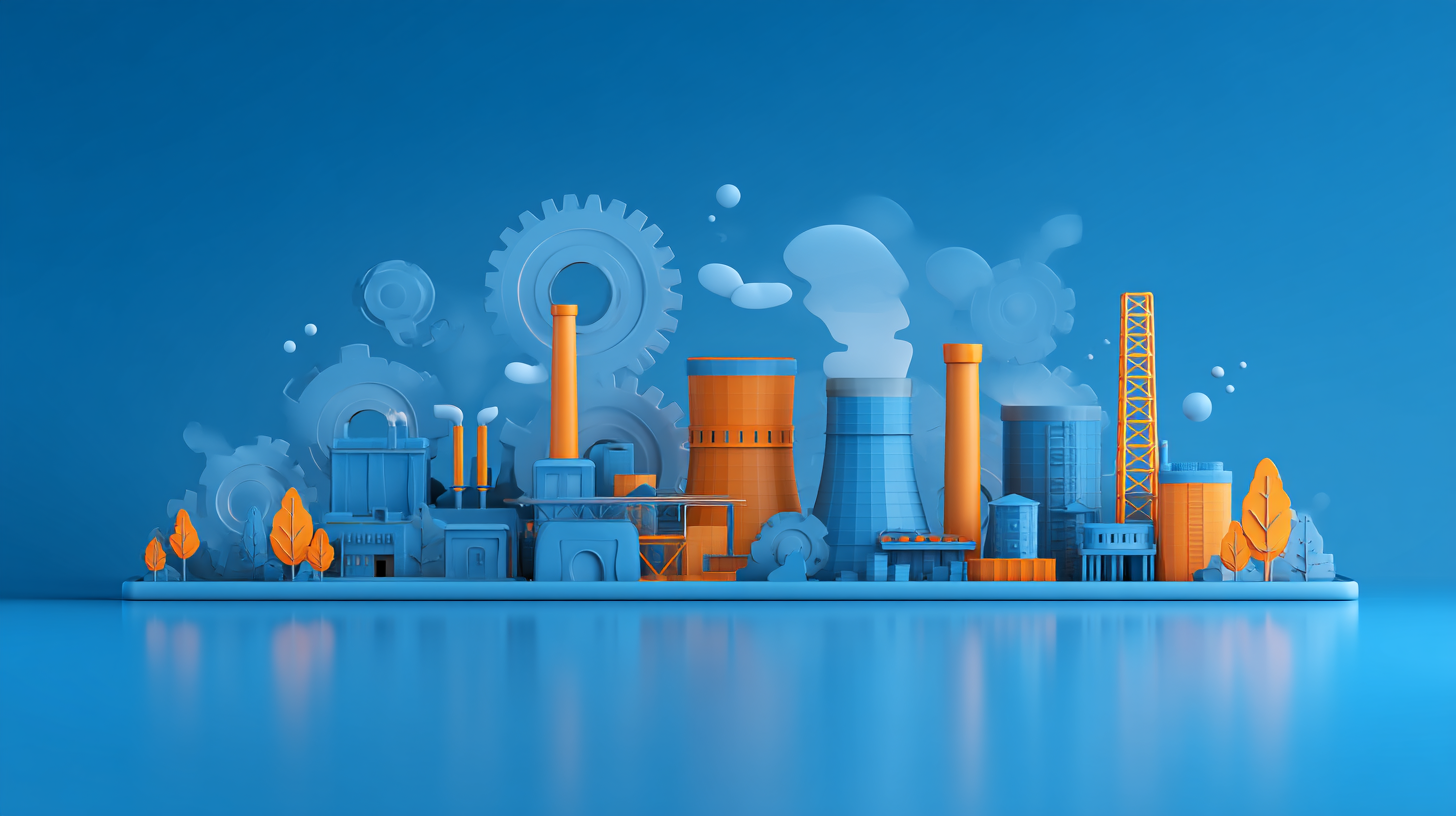The U.S. Department of Energy recently recognized coal used in steelmaking as a critical material, underscoring its importance in enhancing the national economy and reducing our reliance on foreign sources. This recognition attempts to address the makeup of the domestic mineral supply chain and ensure the sustainability of U.S. steel production, which is pivotal in various sectors, including construction, automotive, and energy. The designation of coal as a critical material not only highlights its significance in steel manufacturing but also sheds light on the broader energy landscape amid the current debates around climate change and renewable energy transitions.
The Role of Coal in Steelmaking
Coal is an invaluable resource in the steel fabrication process, primarily used in its coking form.
Coke, produced by heating coal in the absence of air, acts as a crucial reducing agent in iron ore processing. This process is essential for transforming iron ore into molten iron, which is subsequently converted into steel. According to the World Steel Association, about 70% of the steel produced globally comes from traditional blast furnace methods, which heavily depend on metallurgical coal.
In the context of U.S. steelmaking, these processes play a vital role in sustaining production levels and supporting local economies, especially in regions rich in coal deposits.
Current Challenges in Steel Production
Despite coal’s integral role in steelmaking, the industry faces several challenges, mainly concerning:
- Dependence on Foreign Sources: A significant portion of the critical materials used in U.S. steel production is imported, resulting in vulnerability to international market volatility and supply chain disruptions.
- Environmental Concerns: The environmental impact of coal extraction and use has prompted a shift toward more sustainable practices, making industry stakeholders favor renewable alternatives.
- Regulatory Pressures: Increasing federal and state regulations aimed at reducing carbon emissions add complexity to traditional manufacturing processes that rely on fossil fuels.
Addressing Dependence on Foreign Resources
The immediate solution to mitigate the dependency on imported critical materials lies in enhancing domestic production capabilities and resource utilization. By investing in technologies that optimize coal usage in steelmaking, the U.S. can bolster national energy security and economic stability. Strategies to consider include:
- Investing in Coal Technologies: Innovations in clean coal technology can help improve efficiency while addressing the environmental implications of coal use.
- Government Policies: Continued support from policymakers through subsidies or tax incentives for domestic coal production can promote sustainability in the industry.
- Public/Private Partnerships: Collaborations can foster new research and development initiatives aiming to make coal energy usage more efficient and environmentally friendly.
Environmental Considerations and the Shift to Renewable Energy
The transition to renewable energy sources amid the climate change agenda presents both a challenge and an opportunity for the steel manufacturing industry. Environmentalists advocate for reduced fossil fuel reliance due to their contribution to greenhouse gas emissions. However, it is crucial to consider that a total shift might not be immediately feasible due to economic factors and existing infrastructure that rely heavily on coal.
Integrating renewable energy into steel production processes involves evaluating alternative technologies such as:
- Hydrogen Reduction Processes: Utilizing hydrogen generated from renewable sources in steelmaking could significantly decrease carbon emissions.
- Electric Arc Furnaces: These facilities are more energy-efficient and can leverage scrap metal, reducing the need for coal.
- Carbon Capture and Storage (CCS): Implementing CCS technologies can help mitigate the environmental impact of continued coal use in existing operations.
Data-Driven Insights: The Market Landscape
The global steel market is projected to grow steadily, with the U.S. being a substantial player. According to market research, demand for steel is expected to rise in various sectors, especially in construction and infrastructure development in the coming years. This presents a crucial opportunity for the U.S. steel industry to reinforce its supply chain and lessen dependence on foreign material sources.
Furthermore, ensuring that critical materials such as coal remain part of this ecosystem will be pivotal. A 2021 report from the International Energy Agency highlighted that more than 60% of the steel produced globally comes from regions that do not prioritize environmental regulations, thereby presenting a competitive landscape for U.S. producers who can implement sustainable practices while preserving their reliance on local coal supplies.
Case Studies: Innovative Approaches in the Industry
Several companies in the steel sector have begun adopting innovative methods to make coal usage more sustainable while continuing to meet production demands.
- U.S. Steel: This Pittsburgh-based company has been actively engaging in initiatives to reduce its carbon footprint by optimizing coal use through advanced technologies and better process management.
- Nucor Corporation: Nucor has pioneered EAF technology, focusing on sustainable steel production largely from recycled materials, showcasing that industry shifts towards reducing coal reliance can still be economically viable.
- Steel Dynamics Inc. (SDI): By focusing on integrated steelmaking at their facilities, SDI emphasizes recyclability and waste minimization, which can potentially offset reliance on traditional coal-based processes.
Conclusion: The Path Forward
The U.S. steelmaking industry’s future hinges on understanding the complex interplay between coal, critical materials, and emerging environmental challenges. As industry professionals, policymakers, and environmentalists navigate these dynamics, a balanced approach leveraging both traditional and innovative methods will be essential for maintaining sustainable production and national energy independence.
As a leader in staffing solutions for the energy sector, Pulivarthi Group remains committed to providing insightful perspectives and support mechanisms for the evolving landscape of steelmaking and critical materials. By staying updated on industry trends and fostering growth through informed staffing strategies, companies can better position themselves to face the challenges of an ever-changing market.

